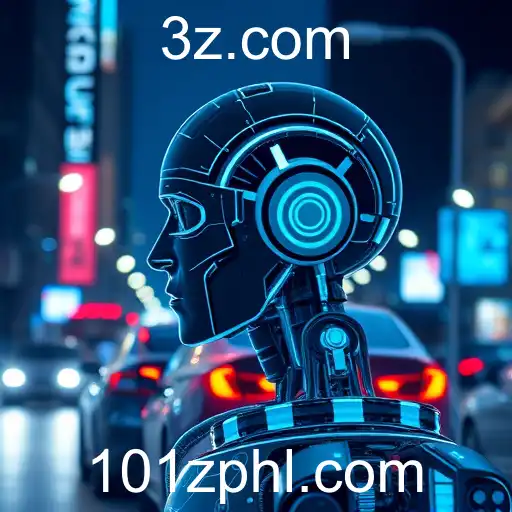
Exploring the transformative power of AI in shaping the digital landscape and future societies.
In recent years, artificial intelligence (AI) has emerged as a cornerstone of technological advancement, marking a new era that some analysts term the 'Digital Renaissance.' This burgeoning field has influenced numerous sectors, from healthcare to transportation, offering unprecedented efficiencies and innovations. As we delve deeper into 2025, the influence of AI is becoming more pervasive, prompting both excitement and apprehension among a global audience.
One of the most significant impacts of AI is seen in the healthcare industry, where it has revolutionized diagnostics and patient care. From AI-driven imaging that detects cancers at nascent stages to robotic surgeons that execute precise procedures, the potential to save lives and enhance healthcare delivery is immense. However, these advancements also raise ethical questions about data privacy and machine-induced errors, which continue to spark debate among policymakers worldwide.
Similarly, the transportation sector is witnessing a profound transformation. Autonomous vehicles are no longer a futuristic fantasy but a reality on the roads of major cities. Companies like Tesla and Waymo lead the charge, integrating AI to facilitate safer, more efficient travel. The promise of reducing traffic fatalities and improving logistical operations is incredible, though challenges such as cybersecurity threats and regulatory hurdles remain topics of concern.
Moreover, AI's infusion into the workforce is reshaping traditional job paradigms. Automation and intelligent systems are optimizing business processes, increasing productivity, and generating new roles while rendering some obsolete. The potential displacement of workers has prompted calls for robust educational reforms and workforce retraining programs to prepare for a digitally-centric economy.
Furthermore, the societal impact of AI extends to the realm of creativity and information dissemination. AI algorithms curate news tailored to individual preferences, enhancing engagement yet risking the creation of echo chambers. In the arts, AI-generated music and visual art are gaining traction, challenging conventional notions of creativity and authorship.
As we stand on the cusp of a future brimming with AI potential, it is imperative to address the accompanying ethical, legal, and social implications. Governments, corporations, and societies must collaborate to forge a future where AI serves humanity equitably, enhancing lives without compromising fundamental human values. The ongoing discourse in 2025 is not solely about how we harness AI's power but how we ensure it aligns with our collective goals for a better tomorrow.




